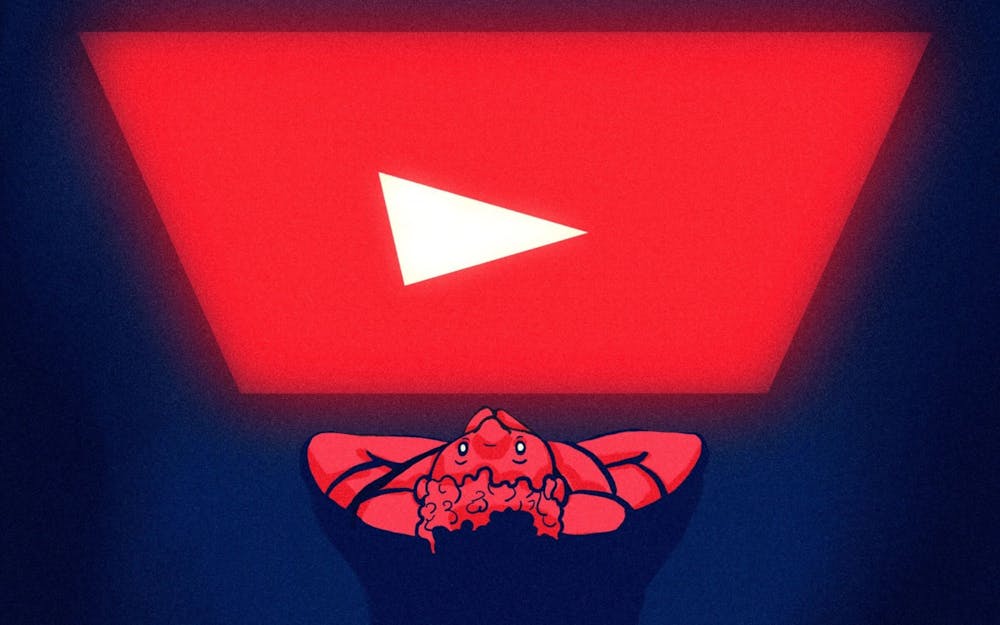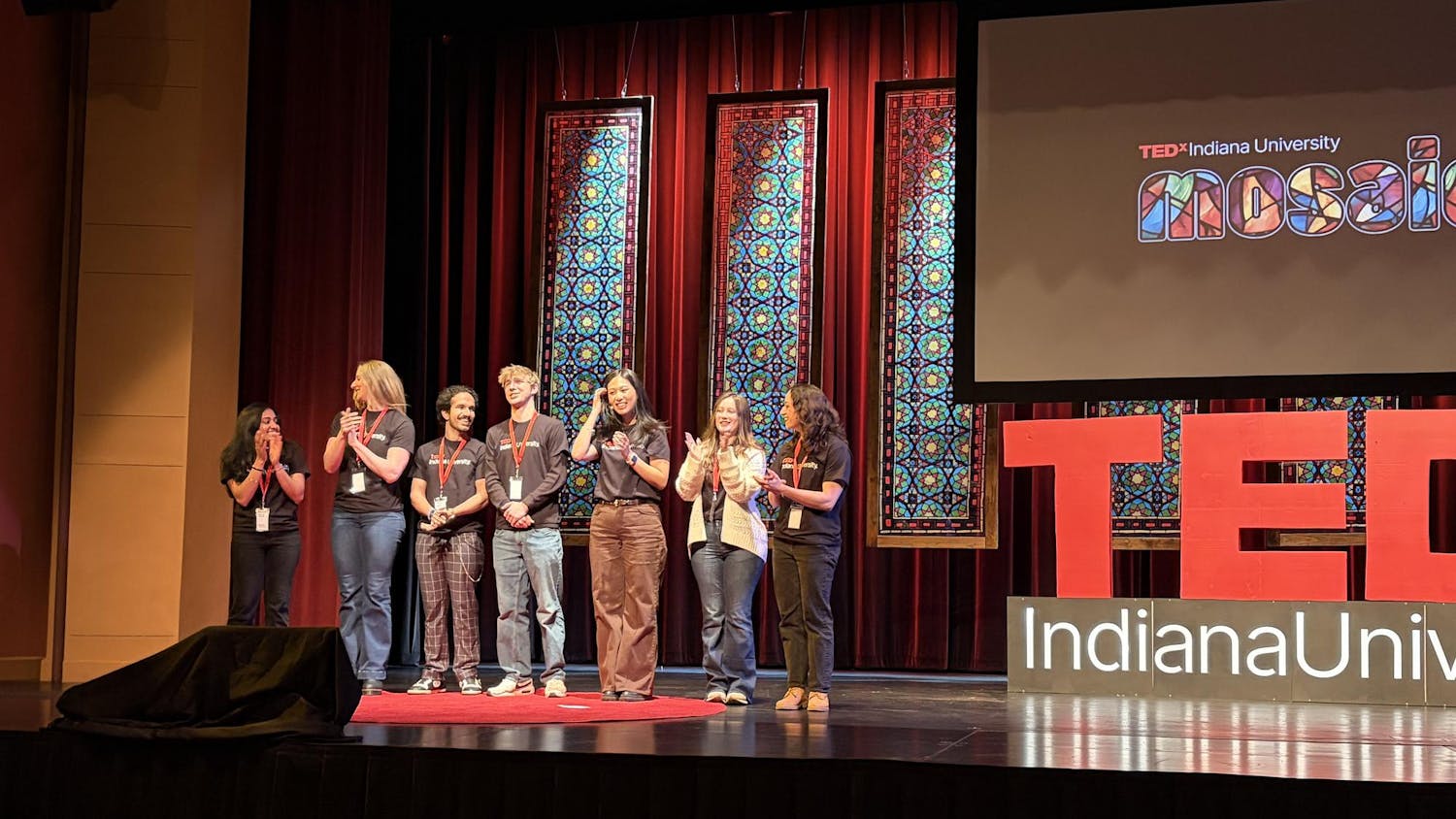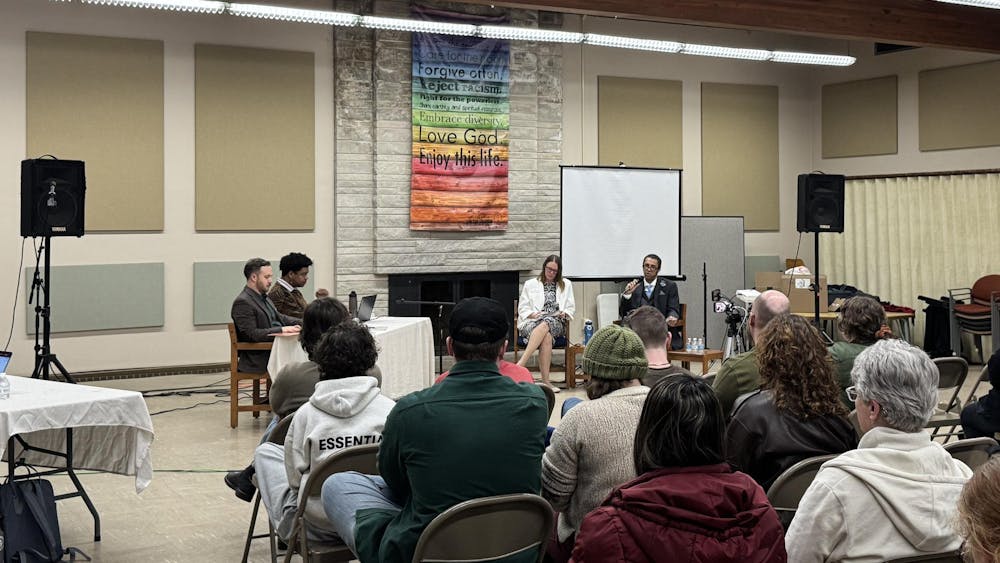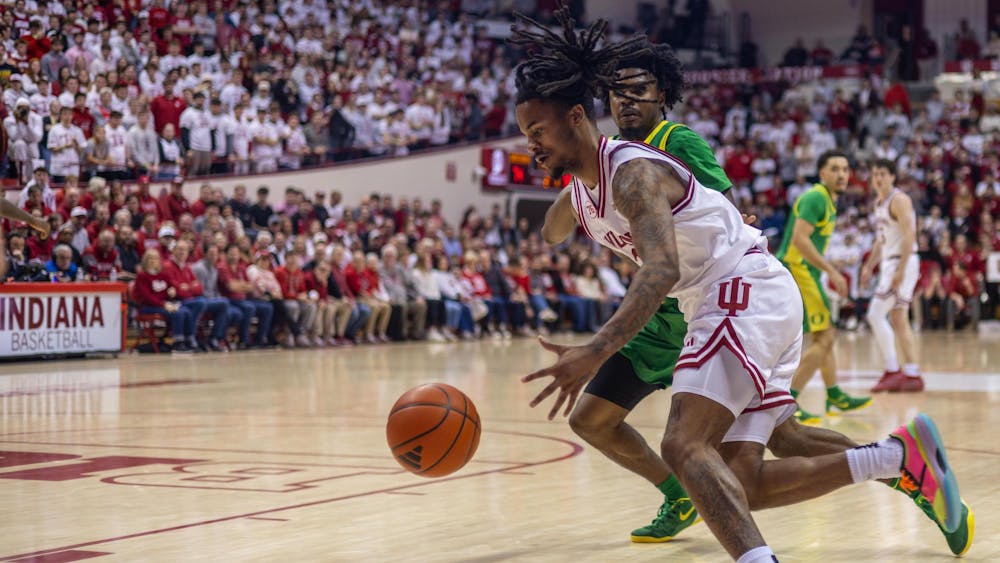Seeing kids looking miserable, overtired and simply overwhelmed as their parents capture growing pains and film embarrassing temper tantrums just to make money is unsettling.
Though it may seem children with parents who are family vloggers on YouTube or pre-teens with “account managed by mom” in their Instagram bio are not working, that is not the case.
These kids are usually just living their daily lives while being filmed, but when a camera is pointed in their face, this makes them feel the need to present a certain way to uphold their reputation — a sort of “pseudo-acting.” This phenomenon of acting differently because of being filmed is explained by the Hawthorne Effect.
The immense amount of energy it takes to think cautiously about what to say and do while on camera can create a lot of stress for a child, which is why being filmed in excessive amounts — like these children are — constitutes work.
Children having to work instead of being allowed to develop normally can be harmful for their health, according to the Centers for Disease Control and Prevention. It is important the social, emotional and educational needs of children are met for them to undergo healthy development.
Chronic stress from working at a young age and resentment toward parents for making them work can hinder this development and cause problems such as increases in heart rate, blood pressure and stress hormones. Future problems caused by childhood trauma can also occur, such as alcoholism, depression, heart disease and diabetes.
My history classes placed a considerable emphasis on the history of child labor and the immense efforts needed for child labor laws to finally be passed. My mind flashes back to learning about photojournalism’s significant impact through viewing parts of the book “How the Other Half Lives” by Jacob A. Riis. Photographers of blue-collar workers — many of whom were children — looked miserable and overworked at their jobs, which exposed the harsh conditions and cruelties these people faced.
This pioneering work was just one notable attempt of the numerous endeavors that got the first U.S. child labor law approved. While several bills to regulate child labor were passed and then ruled unconstitutional by the Supreme Court in the early 1900s, the Fair Labor Standards Act of 1938 was ultimately put into place and is currently upheld.
However, entertainment industry child actor laws are actually more lax than regular child labor laws. Jobs in the entertainment industry do not always require employment permits for children, but they obligate mandatory parental consent or limit what kind of work the child can perform. The Fair Labor Standards Act specifies that minors who are actors or performers in motion pictures, theatrical productions, radio or television productions are exempt from general child labor laws. It indicates that the number of working hours allowed or allowable times a day to work do not apply to children in the entertainment industry.
The Jackie Coogan Law requires employers put aside 15% of the child’s gross earnings in a Coogan Trust Account. Here, this money is monitored by a legal guardian and is not allowed to be withdrawn until the child is 18.
Currently, children that perform in online videos posted by their parents do not have the same protections as those under entertainment industry child labor laws. Often, parents force their children to be in videos and many do not set aside a share of their earnings.
As of now, YouTube does not allow anyone under age 13 to have their own channel, but the platform turns a blind eye to children in videos on their parents’ channels. YouTube actually seems to heavily promote content from these creators, as it is considered family friendly, which is attractive to advertisers.
Children are not in a position to stand up for themselves and enact change in this situation. They deserve protection from being overworked, and regulations must be passed to prevent this maltreatment.
Kara Acinapuro (she/her) is a junior studying media advertising. She is vice president of Women in Media and a member of Alpha Phi Omega.






